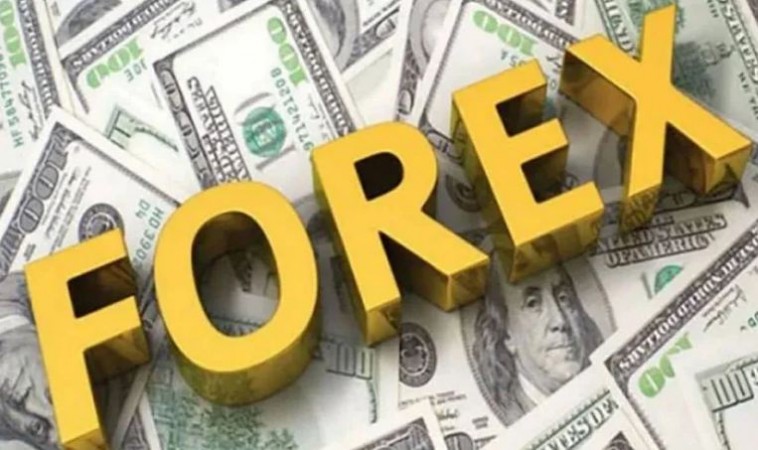
Despite last week's extremely positive employment figures, Federal Reserve Chair Jerome Powell chose not to materially tighten his tone on inflation in a closely-watched speech, which caused the dollar to drop on Wednesday. In a question-and-answer session on Tuesday before the Economic Club of Washington, Powell said that if the economy stayed strong, interest rates might need to climb higher than anticipated, but he reaffirmed his belief that a process of "disinflation" is under way.
The dollar lost ground during Powell's speech and continued to lose ground during early Wednesday European trading. The euro last increased by 0.21% to $1.075 after dropping to its lowest level since January 9 the previous session at $1.067. The 20-year low of $0.953 that was reached in September was still considerably above it.
According to Chris Weston, chief of research at Pepperstone, Powell "didn't necessarily express something that was substantially novel." We are currently less sensitive to Fed officials and much more sensitive to data because the markets and the central bank are all in a situation where they are just watching the data.
Investors were also considering remarks made by two German ECB officials, who stated that there was still room for interest rates in the euro zone to rise. Joachim Nagel, the head of the German central bank, said on Tuesday that "from where I stand today we need more, significant rate hikes."
"It is not yet obvious that monetary policy is genuinely working so much that we can hope for inflation to return to our inflation objective of 2% in the medium run," his colleague Isabel Schnabel remarked. The U.S. dollar index decreased 0.19% to 103.1 against a basket of currencies on Wednesday after declining 0.3% the previous day.
Sterling recovered from a one-month low of $1.196 on Tuesday, rising 0.3% to $1.209. Following Friday's ground-breaking jobs data, which revealed that nonfarm payrolls had increased by 517,000 jobs last month, the dollar had a brief rise.
Due to this, investors increased their forecasts of how far the Fed would need to hike interest rates before they drove the U.S. dollar index to a one-month high of 103.96 on Tuesday. On Wednesday, futures pricing indicated that markets anticipate the Fed funds rate to rise from its current range of 4.5% to 4.75% to a peak of slightly around 5.1% by June.
In the meantime, traders predict that the ECB will raise rates from their current level of 2.5% to approximately 3.5% in late summer, according to pricing in the futures markets. A dollar was worth 130.88 yen elsewhere, up 0.15% on the previous session's 1.2% gain.
Thanks to significant temporary bonuses, real salaries in Japan increased for the first time in nine months on Tuesday, according to data. A significant salary increase during the spring labour negotiations is thought to be a must for the Bank of Japan to begin tightening its ultra-loose monetary policy.
The Aussie rose 0.42% to $0.699 after rising more than 1% on Tuesday, while the kiwi fell 0.26% to $0.634. As anticipated, the Reserve Bank of Australia increased its cash rate by 25 basis points on Tuesday. However, it emphasised that further hikes would be necessary.